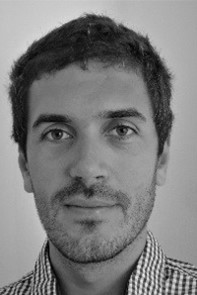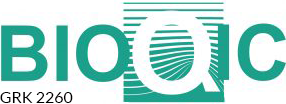Institut für Radiologie und Kinderradiologie
Charité – Universitätsmedizin Berlin
Campus Mitte
Charitéplatz 1,10117 Berlin
Telephone: +49 30 450 527 365
Email: andreas.kofler@charite.de
Deep Learning – Based Image Reconstruction for CT Quantification of Perfusion and Elasticity Related Parameters in the Heart
PIs: Dewey, Sack, Kachelrieß
Application area: Cardiovascular
Modality: CT
Background: Although CT accounted for only 9% of all radiological and nuclear medicine examinations in the year 2012, CT is responsible for around 62% of all medical radiation exposure in Germany (www.bfs.de). While temporally resolved CT techniques are very promising for improving our understanding of tissue perfusion such as that of the myocardium in coronary artery disease, current radiation dose levels to pursue dynamic CT are prohibitive for clinical use and require substantial reduction. In order to be able to perform a reliable quantitative estimation of perfusion parameters, one has to acquire high-dose images. Due to the high number of projections needed by the filtered back-projection method to deliver artifact-free images, one can, making specific assumptions on the underlying image-structure (e.g. sparsity), avoid to perform a high number of projections and instead apply iterative methods to reconstruct the images. Iterative methods usually work by alternating between reconstructing the images, also employing regularization techniques, and assuring their raw-data consistency. However, these methods tend to be time consuming due to the need of an iterative application of the forward and adjoint operator and have a limited dose-reduction potential.
Aim: To ensure a fast data acquisition procedure as well as a fast reconstruction of the images the work is going to focus on the applicability of Deep Learning methods for the task of the image reconstruction.
Methods: Deep Learning methods have nowadays become state-of-the-art methods for many tasks related to image analysis. Recently, Deep Learning methods have also been used for image denoising. In particular, in CT, artifacts resulting from undersampling show a specific structure which can be learned from a neural network in order to estimate artifact-free images. In the project, as a first step, we are going to train convolutional neural networks for the task of image denoising and evaluate their performance in terms of the predictability of perfusion parameters which are estimated from the artifact-free images.
